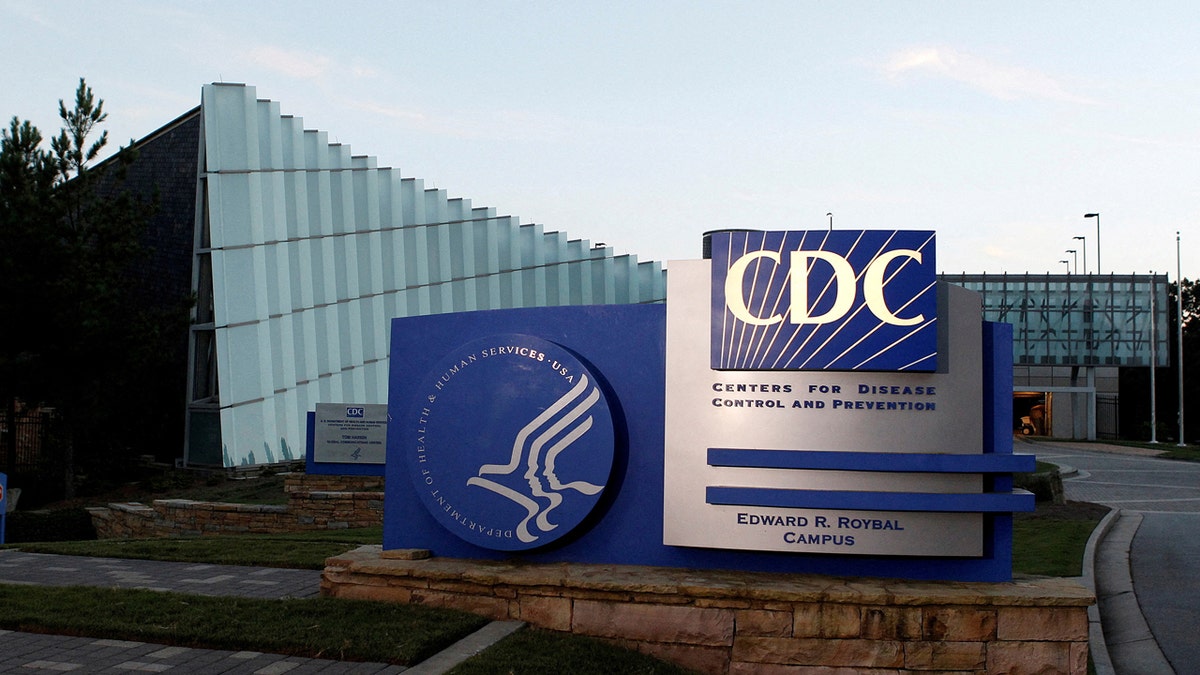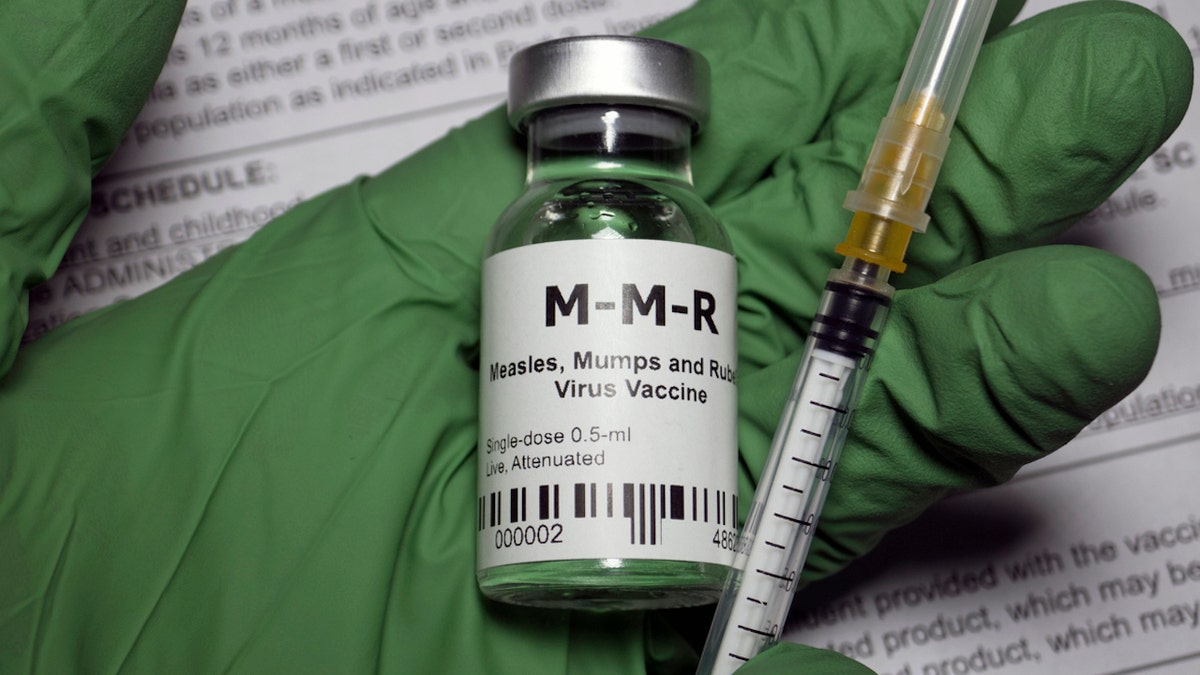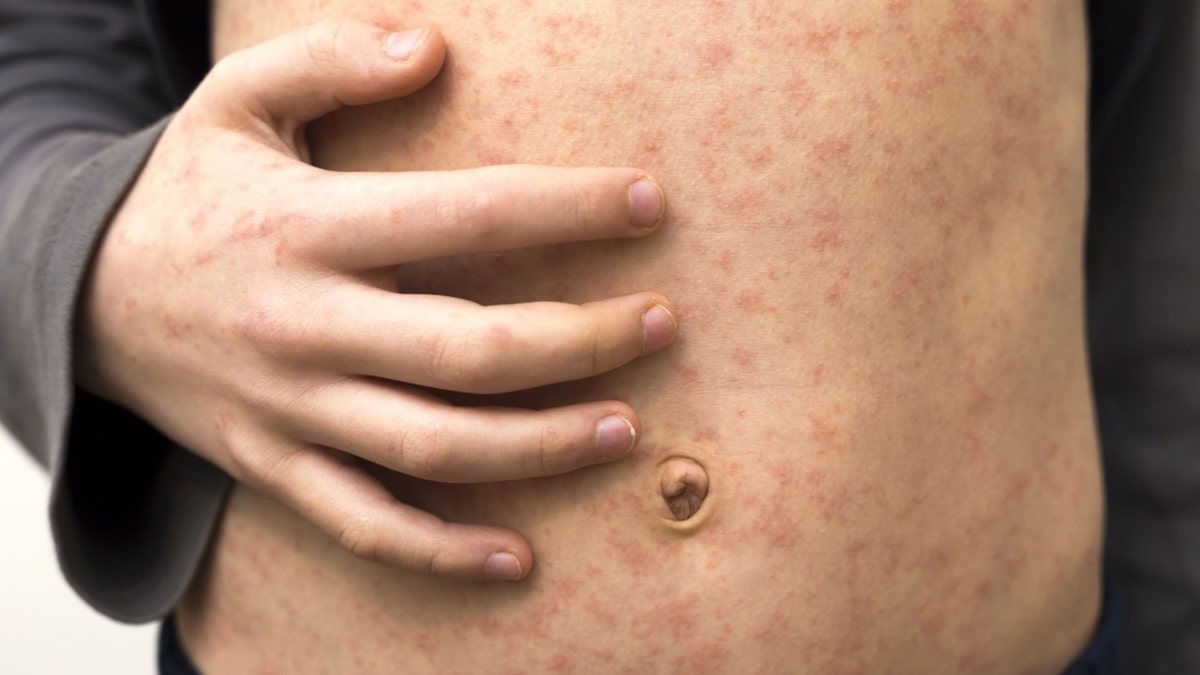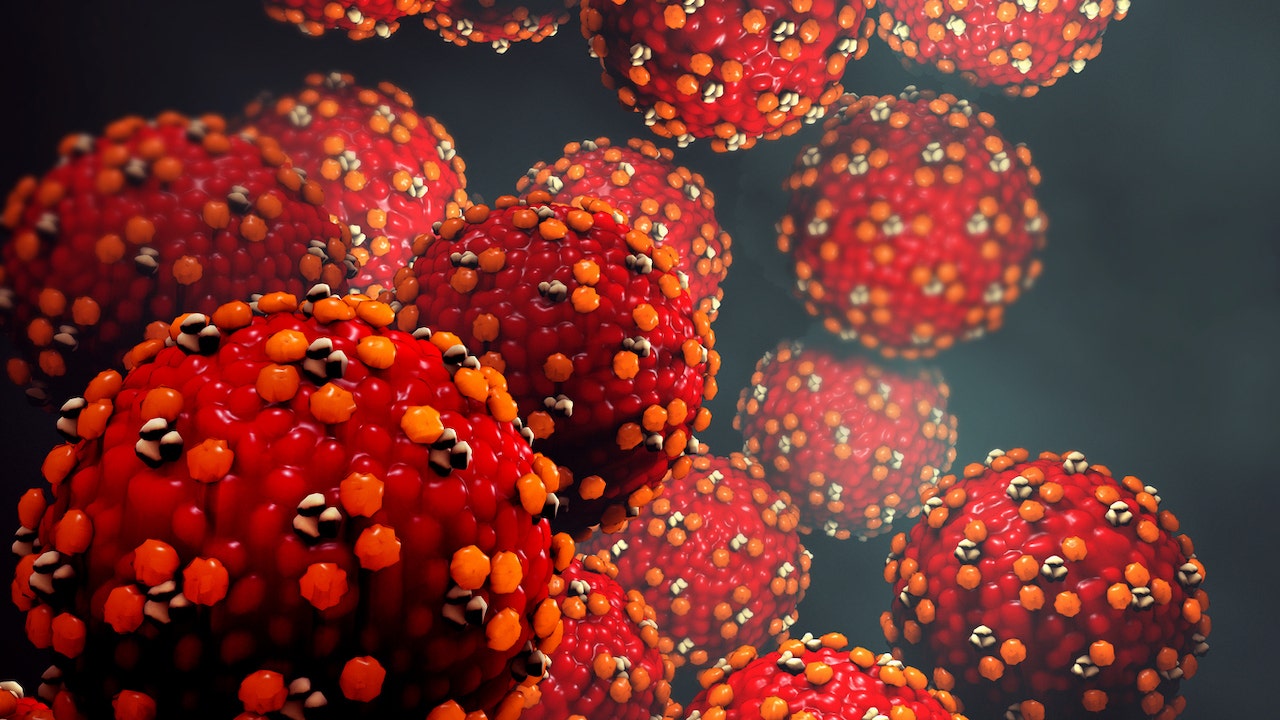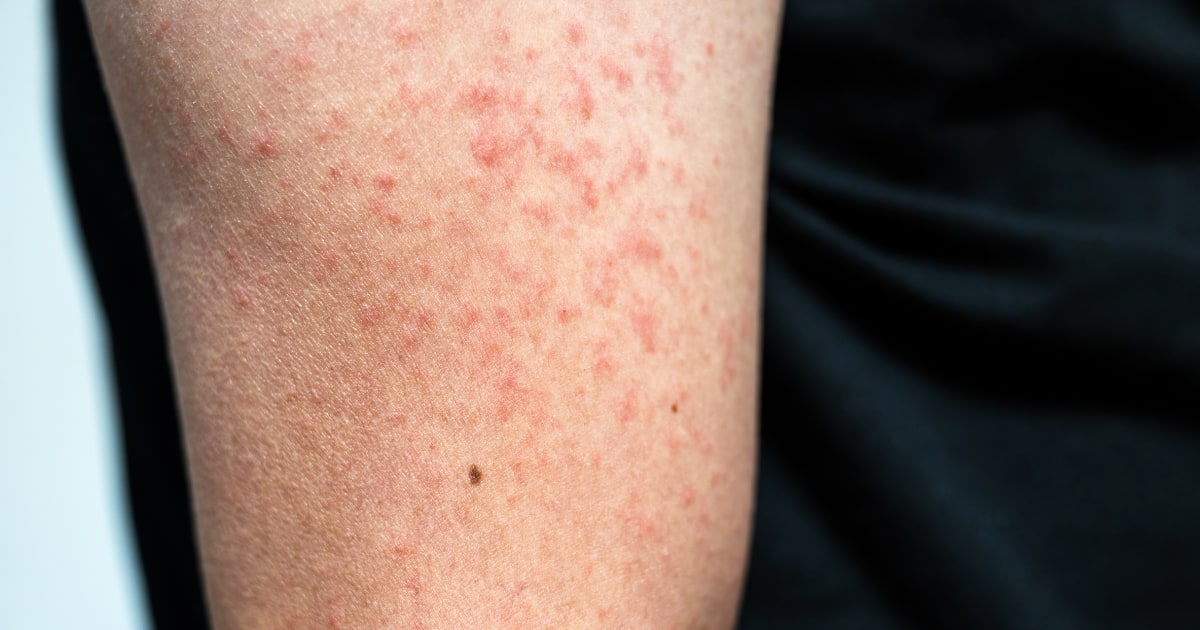
The number of measles cases in the United States has already surpassed the total reported last year, with 188 cases confirmed as of July 2024. This significant increase is attributed to declining vaccination rates and a rise in measles cases worldwide.
According to data from the Centers for Disease Control and Prevention (CDC), approximately half of all measles cases this year required hospitalization due to complications, mostly affecting children under 5 years old. The U.S. has seen 13 outbreaks in total, with the largest one taking place at a migrant shelter.
Measles is a highly contagious and serious airborne disease that can lead to severe complications and even death, especially in children. It is characterized by symptoms such as fever, cough, coryza (runny nose), conjunctivitis (red eyes), spots, and a rash.
The CDC recommends two doses of the measles, mumps, and rubella (MMR) vaccine for protection against these diseases. The first dose is typically given between 12 to 15 months old, followed by the second dose at 4 to 6 years old.
Despite the increase in measles cases this year, it's important to note that vaccines are still effective in preventing measles and its complications. The risk of contracting measles after getting vaccinated is extremely low.
The reasons behind the decline in vaccination rates and the rise in measles cases are complex, involving socioeconomic factors, vaccine hesitancy, international travel, and public health infrastructure. Improving healthcare access and addressing vaccine hesitancy are crucial steps to combat measles.
Measles is not limited to the United States; it has also re-emerged in many other countries around the world. In 2019, global measles cases surged 140% compared to 2010, with declining vaccination rates contributing to the increase in many nations.
It's essential for individuals and communities to prioritize vaccinations and maintain a high level of awareness about the importance of protecting themselves and others against measles. By doing so, we can work together to prevent further outbreaks and ensure that this disease does not regain its foothold in our society.
